homemade dog food labrador
Homemade Dog Food for Labradors
Labrador retrievers are a popular breed of dog, known for their friendly demeanor and eagerness to please. They are also a relatively large breed, with males typically weighing between 65 and 80 pounds and females weighing between 55 and 70 pounds. As such, they require a diet that is high in protein and calories to support their active lifestyle.

While commercial dog food is a convenient option, it can be expensive and may not be as nutritious as homemade food. Homemade dog food can be tailored to your Labrador's individual needs, and it can be a great way to save money.
In this article, we will discuss the benefits of homemade dog food for Labradors, as well as provide you with a few recipes to get you started.
Benefits of Homemade Dog Food

There are many benefits to feeding your Labrador homemade dog food. Some of the benefits include:
- Nutritional control: You can control the ingredients in your dog's food, ensuring that they are getting the nutrients they need.
- Cost savings: Homemade dog food can be much cheaper than commercial dog food.
- Freshness: Homemade dog food is fresh, which is better for your dog's digestive system.
- Personalization: You can customize your dog's food to meet their individual needs, such as allergies or sensitivities.
Homemade Dog Food Recipes for Labradors

Here are a few recipes for homemade dog food that are perfect for Labradors:
- Simple Beef and Rice Dog Food
Ingredients:
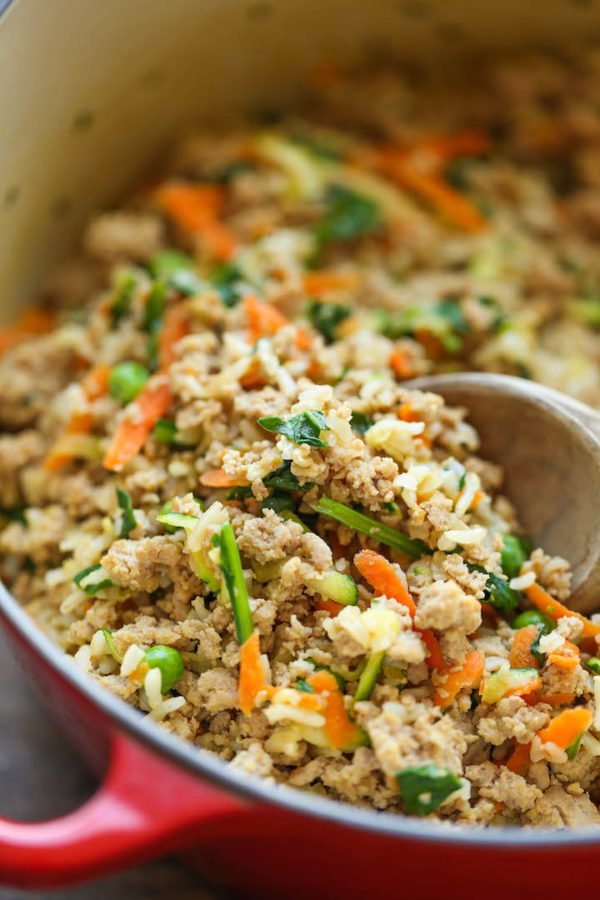
- 1 pound ground beef
- 1 cup cooked rice
- 1/2 cup grated carrots
- 1/4 cup chopped green beans
- 1/4 cup chopped peas
- 1 tablespoon olive oil
- 1 teaspoon salt
- 1/2 teaspoon dried parsley flakes
Instructions:
- In a large pot or Dutch oven, brown the ground beef over medium heat.
- Drain any excess fat from the beef.
- Add the rice, carrots, green beans, peas, olive oil, salt, and parsley flakes to the pot.
- Bring to a boil, then reduce heat and simmer for 15 minutes, or until the rice is cooked through.
- Let cool slightly before serving.

- Chicken and Vegetable Dog Food
Ingredients:
- 1 pound boneless, skinless chicken breasts
- 1 cup cooked brown rice
- 1/2 cup grated carrots
- 1/2 cup chopped green beans
- 1/2 cup chopped peas
- 1 tablespoon olive oil
- 1 teaspoon salt
- 1/2 teaspoon dried parsley flakes

Instructions:
- In a large pot or Dutch oven, poach the chicken breasts in water until cooked through.
- Remove the chicken from the pot and shred the meat.
- Add the rice, carrots, green beans, peas, olive oil, salt, and parsley flakes to the pot.
- Bring to a boil, then reduce heat and simmer for 15 minutes, or until the rice is cooked through.
- Let cool slightly before serving.
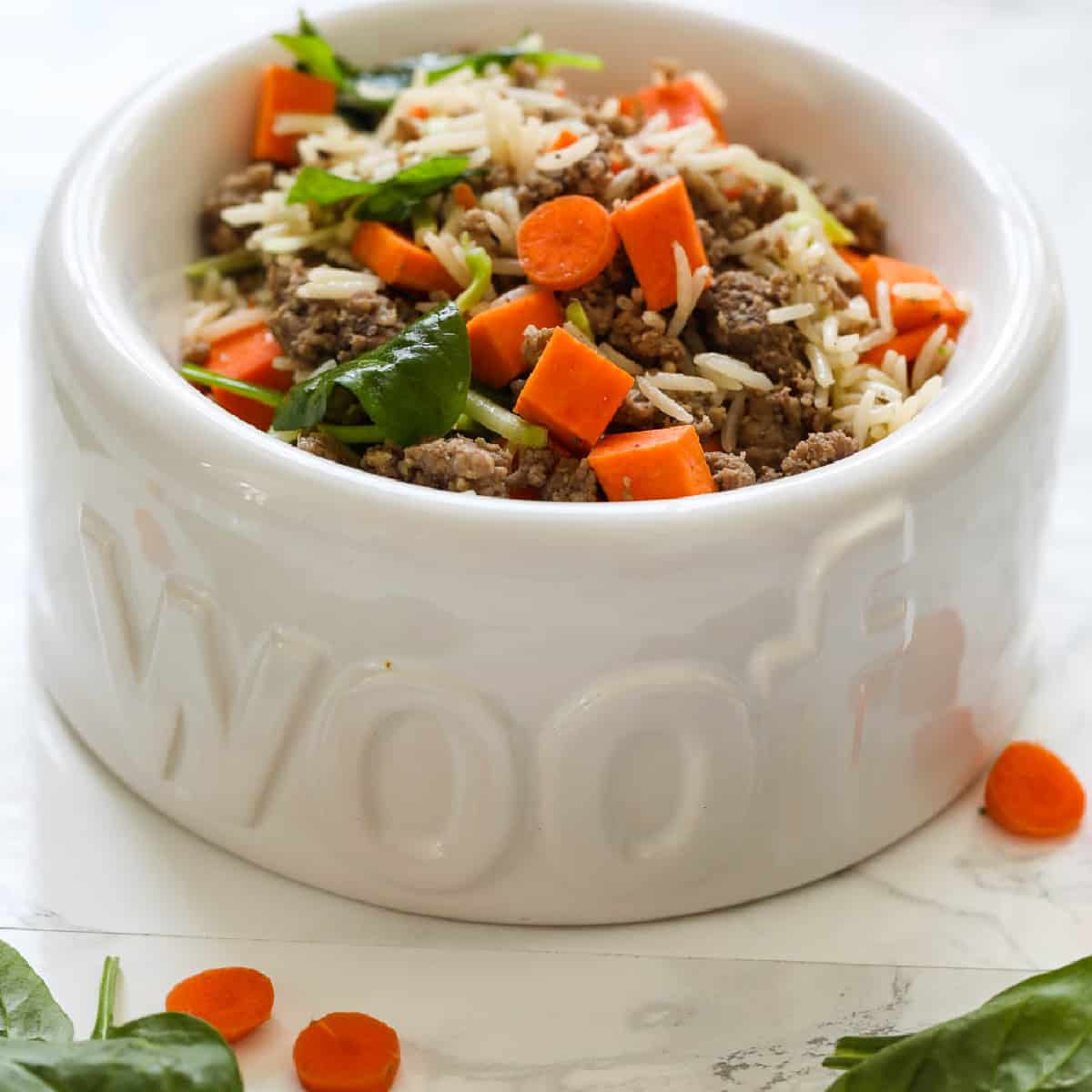
- Fish and Potato Dog Food
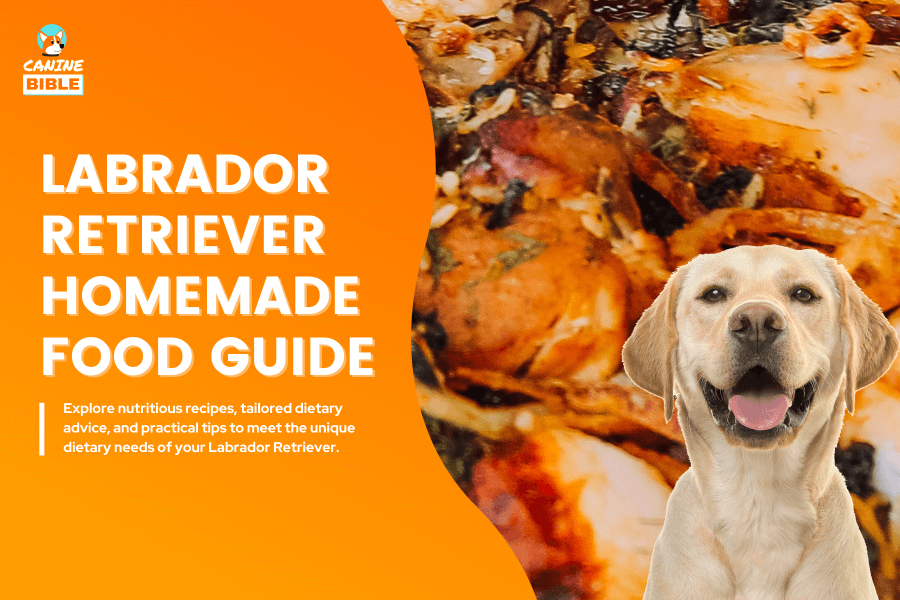
Ingredients:
- 1 pound white fish fillets
- 1 cup cooked potatoes
- 1/2 cup grated carrots
- 1/2 cup chopped green beans
- 1/2 cup chopped peas
- 1 tablespoon olive oil
- 1 teaspoon salt
- 1/2 teaspoon dried parsley flakes

Instructions:
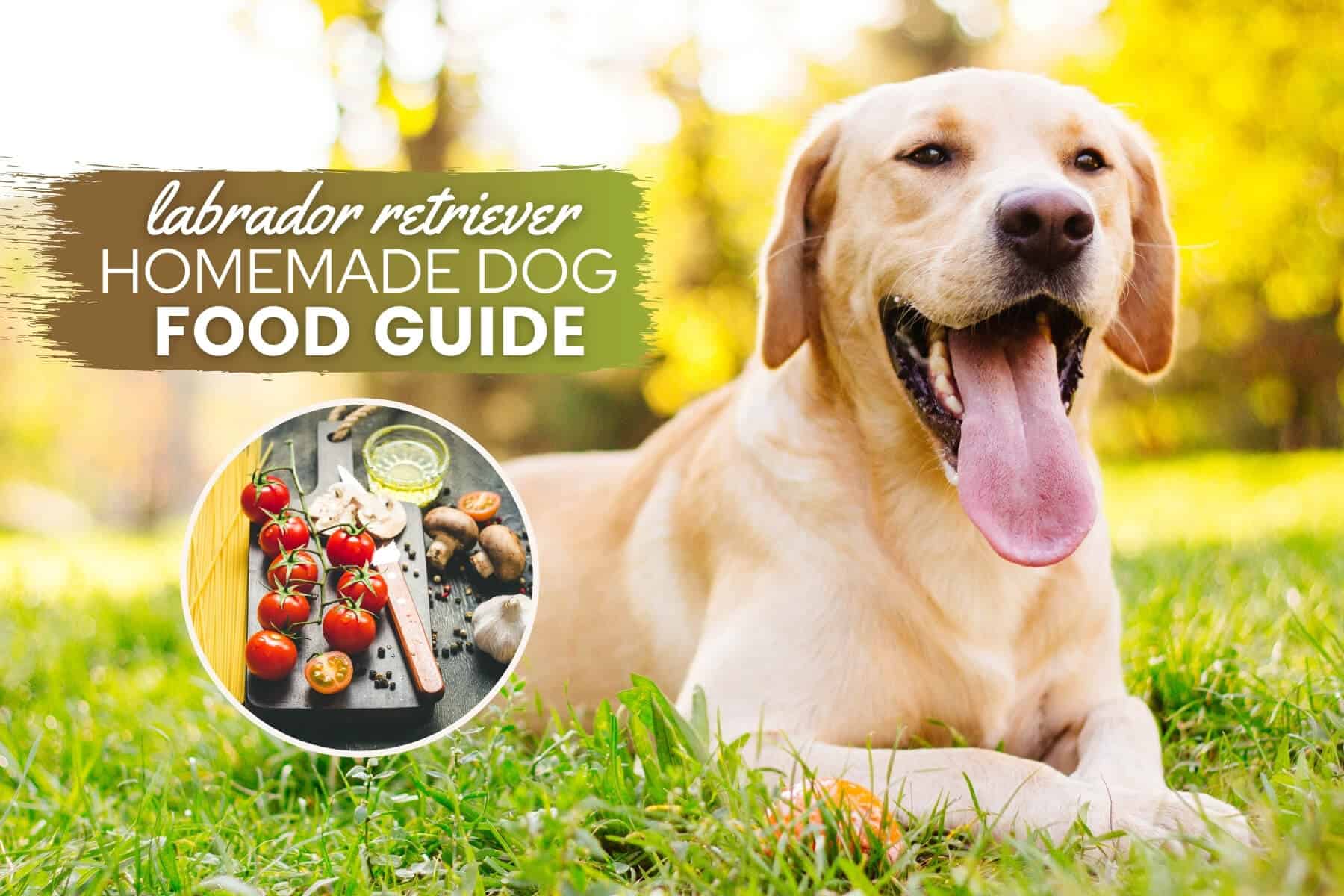

- In a large pot or Dutch oven, poach the fish fillets in water until cooked through.
- Remove the fish from the pot and flake the meat.
- Add the potatoes, carrots, green beans, peas, olive oil, salt, and parsley flakes to the pot.
- Bring to a boil, then reduce heat and simmer for 15 minutes, or until the potatoes are cooked through.
- Let cool slightly before serving.
Tips for Making Homemade Dog Food
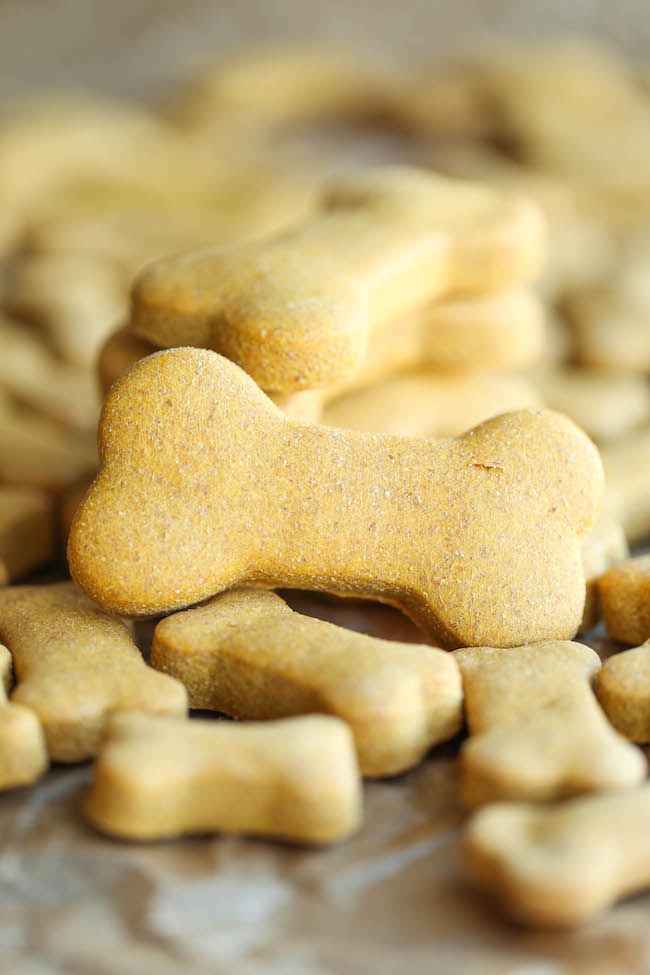
When making homemade dog food, there are a few things you should keep in mind:


- Use fresh, high-quality ingredients. This is the most important factor in making healthy dog food.
- Cook all meat thoroughly. This will kill any harmful bacteria.
- Avoid adding salt, sugar, or other unhealthy ingredients. These can be harmful to your dog's health.
- Don't overcook the food. This can make the food difficult

Homemade Dog Food for Labradors
Labrador retrievers are a large, active breed of dog that requires a diet that is high in protein and fat. While commercial dog food can be a convenient option, it is often not as nutritious as homemade food. Homemade dog food can be tailored to your Labrador's individual needs, and it can be a healthier and more economical option.

What to Feed Your Labrador

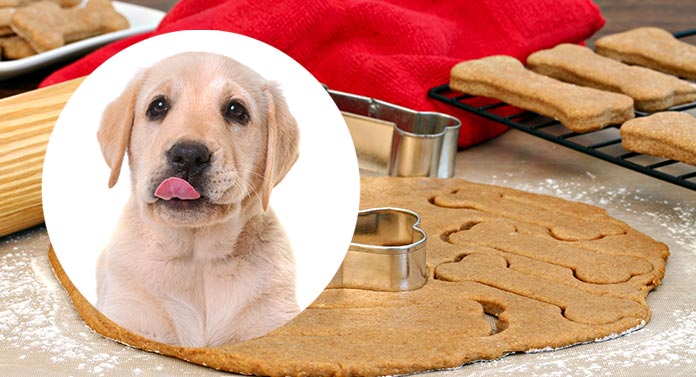
The ideal diet for a Labrador retriever will vary depending on the dog's age, activity level, and individual needs. However, there are some general guidelines that can be followed.
- Protein: Labradors need a high-protein diet. Protein provides the building blocks for muscles, organs, and other tissues. Good sources of protein for dogs include meat, fish, eggs, and dairy products.
- Fat: Fat is an important source of energy for dogs. It also helps to absorb vitamins and minerals. Good sources of fat for dogs include meat, fish, eggs, and dairy products.
- Carbohydrates: Carbohydrates provide energy for dogs. Good sources of carbohydrates for dogs include whole grains, fruits, and vegetables.
- Vitamins and minerals: Dogs need a variety of vitamins and minerals in their diet. These can be found in commercial dog food, or you can add them to your dog's homemade food.

How to Make Homemade Dog Food for Labradors


Making homemade dog food for your Labrador is not difficult. Here are a few tips to get you started:
- Start by choosing a recipe that is appropriate for your dog's age, activity level, and individual needs. There are many different recipes available online and in cookbooks.
- Gather the ingredients you will need. You will need meat, vegetables, fruits, and a source of carbohydrates. You may also need to add vitamins and minerals to your dog's food.
- Prepare the ingredients. Cook the meat and vegetables until they are tender. Mash or chop the food into small pieces.
- Combine the ingredients and serve. Your dog's food should be fresh and should be stored in the refrigerator or freezer.

Benefits of Homemade Dog Food

There are many benefits to feeding your Labrador homemade dog food. Here are a few of the advantages:
- Nutritional balance: Homemade dog food can be tailored to your dog's individual needs. This means that you can make sure that your dog is getting the right amount of protein, fat, carbohydrates, vitamins, and minerals.
- Freshness: Homemade dog food is fresh, which means that it is more nutritious than commercial dog food. Commercial dog food can be stored for long periods of time, which can lead to the loss of nutrients.
- Cost-effectiveness: Homemade dog food can be more cost-effective than commercial dog food. You can save money by buying ingredients in bulk and by cooking your dog's food at home.
- Dental health: Homemade dog food can help to improve your dog's dental health. The chewing action required to eat homemade food can help to remove plaque and tartar from your dog's teeth.

Drawbacks of Homemade Dog Food


There are a few drawbacks to feeding your Labrador homemade dog food. Here are a few of the disadvantages:
- Time: It takes time to prepare homemade dog food. You will need to shop for ingredients, cook the food, and store it.
- Skill: Making homemade dog food requires some skill and knowledge. You need to know how to cook different types of food and how to balance the nutrients in your dog's diet.
- Safety: Homemade dog food can be unsafe if it is not prepared properly. You need to make sure that the food is cooked thoroughly and that it is stored properly.

Conclusion

Homemade dog food can be a healthy and nutritious option for your Labrador retriever. However, it is important to make sure that the food is properly prepared and that it meets your dog's individual needs. If you are considering feeding your dog homemade food, talk to your veterinarian first.
